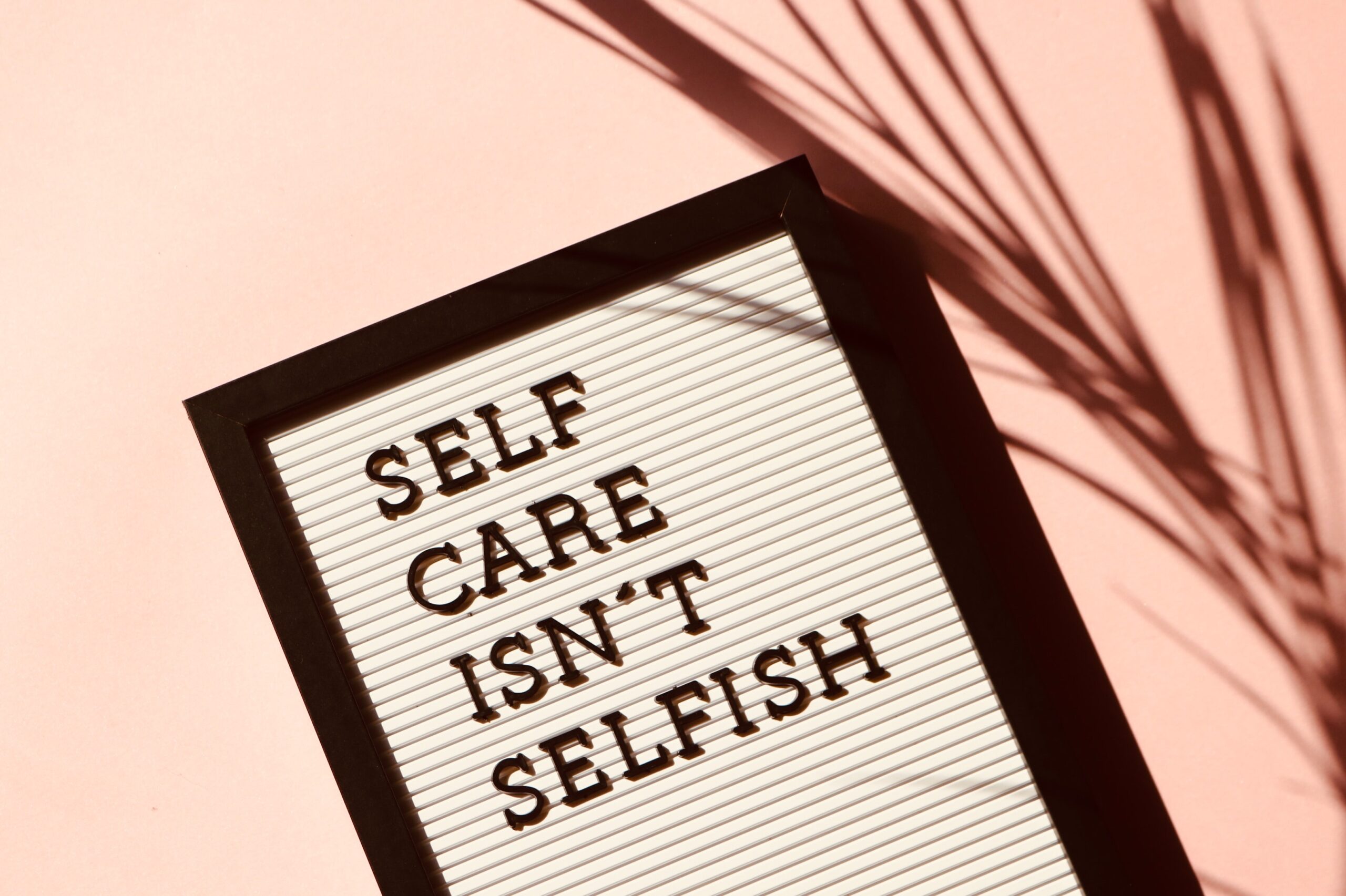
Mental Health Rehabilitation: Understanding the Pathway to Wellness
In a world that is increasingly coming to terms with the realities of mental health, it’s essential to recognize the significance of mental health rehabilitation. This process plays a pivotal role in aiding individuals suffering from mental disorders to recover, thereby enhancing their ability to manage their daily lives and achieve personal goals. This article explores what mental health rehabilitation entails, the advantages and disadvantages of attending rehabilitation facilities both in and out of state, and the resources available for such assistance.
What is Mental Health Rehabilitation?
Mental health rehabilitation is a specialized treatment aimed at helping individuals cope with, recover from, and more effectively manage mental health disorders or illnesses. These may range from depression and anxiety disorders to more severe conditions such as schizophrenia and bipolar disorder. The primary goal of this process is to aid individuals in achieving a certain level of functionality and independence in their social and professional lives.
Rehabilitation programs often involve a team of professionals including psychiatrists, psychologists, occupational therapists, and social workers, who collaborate to design a customized plan based on the specific needs of the individual. The rehab program could incorporate various treatment methods including psychotherapy, medication management, cognitive behavioral therapy, family therapy, and life skills training. This multi-faceted approach ensures that all aspects of the individual’s life are taken into account for comprehensive recovery.
Pros and Cons of In-State and Out-of-State Rehabilitation
When it comes to selecting a rehabilitation facility, there are several considerations to keep in mind. Choosing between in-state and out-of-state rehabilitation can have various implications, both positive and negative.
In-State Rehabilitation:
Pros :
Familiar Environment : Staying close to home can provide a sense of comfort and familiarity, reducing additional stress from adapting to a new environment.
Family and Friends Involvement : Proximity to loved ones allows for easier involvement in the recovery process, as they can visit more frequently, participate in family therapy sessions, or provide emotional support when needed.
Easier Access to Local Resources : Local rehabilitation centers are often more familiar with local resources, insurance coverages, and support services, making it easier to plan for aftercare or outpatient services once the inpatient treatment is completed.
Less Financial Burden : In-state rehab eliminates the need for extensive travel or relocation costs, potentially making it a more cost-effective option.
Cons :
Potential Triggers : If the local environment or certain local relationships have contributed to the mental health issues, staying close to these triggers can potentially hinder recovery.
Limited Specializations : Local options may not have a wide range of specialized treatment programs. If one requires a specific treatment modality, the local options might not be sufficient.
Out-of-State Rehabilitation:
Pros :
Fresh Environment : A new environment can provide a fresh start, free from old routines, triggers, and negative influences. This can be particularly beneficial for individuals whose local environment has contributed to their mental health problems.
Expanded Treatment Options : Out-of-state facilities may offer more specialized or varied treatment programs that aren’t available locally. This can help individuals find a program that best fits their unique needs.
Privacy : Traveling out of state for rehabilitation can offer a level of privacy that might be harder to maintain locally, especially in smaller communities. This might be beneficial for individuals who wish to keep their treatment confidential.
Cons :
Increased Costs : Out-of-state rehab often involves higher costs. These may include travel expenses, potential higher treatment costs, or even costs of family visits. It’s important to consider these financial aspects when deciding on out-of-state rehab.
Limited Support System : Being farther away from family and friends can limit the emotional support one can receive during rehabilitation. While facilities often offer support systems within their programs, some individuals may find it challenging to be away from their personal support network.
Navigating New Resources : Getting acquainted with a new state’s resources, insurance procedures, and aftercare services can be a bit more challenging, requiring additional time and effort.
Ultimately, the decision between in-state and out-of-state rehabilitation should be based on individual circumstances, including the nature of the mental health issues, personal preferences, support system availability, and financial considerations. It’s essential to weigh the pros and cons carefully, perhaps in discussion with a healthcare provider or a trusted advisor, to ensure the choice made is in the best interest of the individual’s recovery journey.
Resources for Mental Health Rehabilitation
Government Programs :
Medicaid and Medicare : These are federal programs providing health coverage to certain groups such as low-income individuals, the elderly, and people with disabilities. Both programs cover a variety of mental health services, including preventive care, outpatient counseling, medication, psychiatric hospitalization, and more. Eligibility and coverage details can vary, so it’s important to check with local offices or visit their official websites for more information.
Mental Health Services Administration (SAMHSA) : SAMHSA offers a variety of resources for mental health, including treatment locator tools, hotlines for immediate help, and various publications on different aspects of mental health.
Private Health Insurance :
Most private health insurance companies provide coverage for mental health services. Under the Mental Health Parity and Addiction Equity Act, health insurance plans are required to offer mental health benefits comparable to their coverage for physical health. This means your insurance could cover psychotherapy, hospital stays, medication, and other treatments related to mental health rehabilitation. Be sure to check the details of your individual plan.
Non-Profit Organizations :
Several non-profit organizations provide resources for mental health rehabilitation:
National Alliance on Mental Illness (NAMI) : NAMI offers an array of free programs and services, including education programs, support groups, and public awareness events. They also provide a helpline for information, referrals, and support.
American Psychological Association (APA) : The APA offers extensive resources, including a psychologist locator, various publications on mental health, and directories of programs and services.
Mental Health America (MHA) : MHA provides a wide range of resources, including toolkits for recovery, information on mental health conditions, and advocacy tools. They also have a crisis text line for immediate help.
Community Mental Health Centers :
Community Mental Health Centers (CMHCs) provide mental health services on a local level, often on a sliding scale fee basis, making treatment more accessible for individuals with limited resources. They offer outpatient services such as therapy and counseling, and some may provide inpatient services or referrals.
Digital Resources :
With the rise of digital technology, online platforms have become an accessible source of help:
Online Therapy and Counseling : Websites like Talkspace and BetterHelp provide online therapy sessions with licensed professionals. This can be particularly helpful for individuals who have limited mobility, are in remote areas, or prefer the convenience of digital sessions.
Mental Health Apps : Apps like Headspace and Calm offer resources for self-care, including guided meditations, sleep aids, and stress management tools.
Online Communities : Online forums and communities such as those found on Reddit or within the health sections of social media platforms can offer support, shared experiences, and advice from others facing similar mental health challenges.
Remember, these resources are not mutually exclusive and can be combined to create a comprehensive support system. Mental health rehabilitation is a journey, and each person will need a unique set of tools and resources to aid in their recovery.
Conclusion
Mental health rehabilitation serves as a crucial pathway to wellness for many individuals struggling with mental health disorders. While the decision to seek treatment can be challenging, understanding what mental health rehabilitation entails and the resources available can guide one towards making an informed decision. Whether in-state or out-of-state, each rehabilitation path offers unique benefits and potential challenges. However, the ultimate goal remains the same: to facilitate recovery and promote a healthy, fulfilling life for the individual. In the journey to mental health recovery, remember that help is available, and no one needs to walk the path alone.

Discover the Hardship Center, a valuable resource for understanding financial hardship programs available to the public. Learn how professional assistance can help maximize the benefits of these programs and make a significant difference in consumers’ lives.





